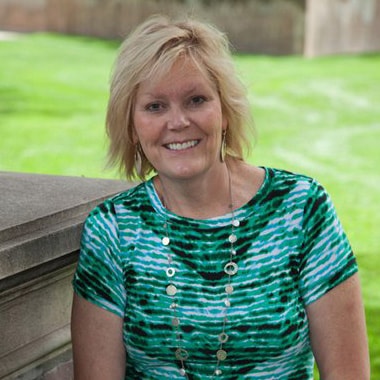Serving LGBT Seniors in Greater Los Angeles
Many LGBT Seniors Lack Family Support and Feel Isolated
On November 29, 1984, West Hollywood became an official city. Located in between Hollywood and Beverly Hills, an unlikely coalition of LGBT activists, seniors and renters worked together to form the first city in the nation to have an openly gay majority governing body. In the over 30 years since, West Hollywood has established itself as one of the most progressive small cities in America and a focal point for many LGBTQ issues in Los Angeles and beyond. However, West Hollywood, according to Los Angeles magazine, “makes up less than 3 percent of the estimated 590,000 LGBTQ people living in the L.A. metropolitan area,” and the unique issues that affect LGBTQ seniors throughout Los Angeles extend far beyond its 1.9 square miles.
Challenges LGBT Seniors Face
Thousands of LGBTQ seniors struggle to find affordable housing in the compact urban center, and many are reluctant to seek out healthcare services.
“Many older LGBT folks grew up in a much less accepting and tolerant society,” says Doug Dickstein, co-owner of home care agency Right at Home. “What we’ve learned, in conversations with the LGBT Center in Los Angeles as well as in our interactions with our clients, is that some LGBT seniors may have a tendency to think, whether real or perceived, that many people may be homophobic or judgmental of them and this could result in a lack of trust to accept help. In addition, there is a fairly large percentage of LGBT seniors who don’t have kids, so if their partner passes away, they may not have a traditional, immediate-family support system that others might have and this can lead to a sense of isolation.”
The hesitancy LGBT elders have with receiving help and support also plays out with trusting a caregiver to come into their homes. Caregivers on the other hand, may also have misconceptions about LGBT folks that need to be addressed.
LGBT Elder Care Training: Overcoming Barriers to Improve the Quality of Care
As someone who has worked for a decade in the senior home care sector, one of Doug’s goals is to help make Los Angeles a more supportive place for LGBT folks to age as well. That is why he is initiating regular training on how to care for LGBT elders with his Right at Home team. “In July, we’re planning to start a training for our caregivers and make it at least quarterly,” he said. “The Los Angeles LGBT Center supplies free education and sensitivity training for different organizations, whether it’s medical professionals, senior caregivers, police or corporations.”
The Los Angeles LGBT Center is the world’s largest provider of programs and services for lesbian, gay, bisexual and transgender people and operates Triangle Square Senior Apartments, a 104-unit affordable housing complex for individuals aged 62 and older, the majority of whom are part of the LGBT community.
For West Hollywood, gone are the days when Frank Sinatra, the Gabor sisters and John Wayne lived at Sunset Tower at 8358 Sunset Boulevard. But not far away at 1602 Ivar Avenue in the heart of Hollywood stands Triangle Square, where Doug’s caregivers have served a number of LGBT clients. Their work at Triangle Square is part of a contract with the local nonprofit St. Barnabas Senior Services, founded in 1908 to help older adults in Greater Los Angeles age with dignity.
Doug said he hopes the LGBT elder care training helps equip his agency and caregivers to provide better care for older LGBT adults. Doug and his wife Leanna currently co-own two Right at Home offices to serve communities in Glendale, Burbank, Beverly Hills and West Hollywood.




